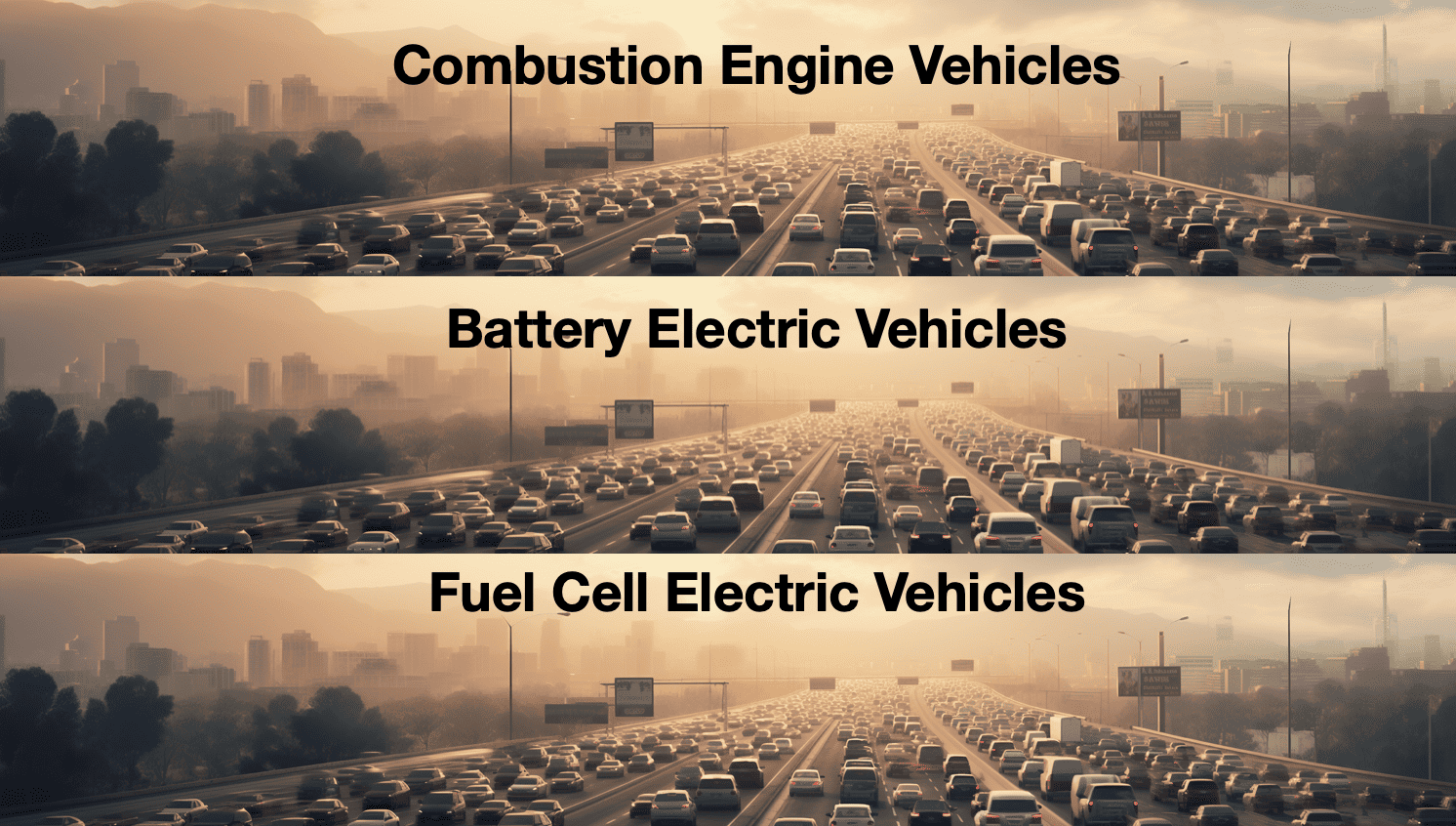
A few weeks ago, a major German news outlet reported that the Chinese market for German electric vehicles was rather modest. Sales figures would be incredibly low, and Chinese buyers would be more interested in domestic products.
Audi, Mercedes, Porsche and such
This is not a surprise. The German electric car landscape is mainly characterized by lacking the highest digital competence. VW’s first mass-produced electric cars, based on a “real” electric architecture called “MEB” (Modularer E-Antriebs-Baukasten – modular e-driving system), are selling excellently in Europe, but that won’t put a dent in a pack of butter in China.
Nothing for digital natives
Of course, this is also due to the prices. The VW Stromer’s price/performance ratio is suboptimal, even compared to the Western competition. While German engineering is great here, the ID series has been plagued by shortcomings on the digital side since the beginning. Chinese consumers, on the other hand, are largely digital natives.
Nowhere is the IT revolution developing faster than there. Sometimes with frightening results when it comes to total surveillance. Chinese start-ups and automakers place great importance on clean digital architecture. In other words, an operating system that should untangle the tangle of many ’embedded systems’.
Moreover, autonomous driving is already thinking beyond SAE Level 2 and is increasingly concerned with Level3-capabilities of the vehicles. This requires powerful chips and software expertise, which the Chinese are acquiring at breathtaking rates.
You can’t live without the app store anymore
But the integration of apps such as TikTok, Spotify, Netflix & Co. has so far completely bypassed the Germans. Audi has just announced that it will be the first company in the VW group to integrate an app store developed by CARIAD (the group’s software house) starting in the summer of 2023. No wonder, as this is now an absolute must in the Chinese market if you want to be successful there.
Setting priorities
It has been recognized that in the world of internal combustion engines, which is coming to an end anyway, it will no longer be possible to catch up with the top European and North American brands. Their future is pretty much over anyway. That is why they are concentrating on the digital future and electromobility.
Too many cooks salt the mash
That is why a consortium was recently formed of the companies Mercedes-Benz, Bosch, Valeo, Vitesco, several universities, and ZF. That partnership will develop a standardized software and hardware architecture for vehicles with 25 million euros of support from the federal government. Under the acronym ‘AUTOtech.agil’ only research is being done here for now.
Very good. First, 25 million euros of support in this area is a joke, and second, such pilot projects are rarely crowned with (quick) success. Moreover, they create competition for medium-sized companies, such as the German company 3E-motion Ventures, which was allowed to co-develop a complete vehicle platform in China with its own engineering system. More than 20 million euros have already been invested in this. But that is ignored in Germany.
Digital backlog
Money is still being poured into prestige projects in Germany to pretend it is possible to catch up. An example from the heyday of the corona pandemic shows how big the digital backlog actually is.
There, a consortium of SAP, Telekom, and others built an app for the paltry total of 220 million euros, which any medium-sized company would have made for a fraction of the money. In fact, the performance of the German Corona app was so poor that it made no significant contribution to containing the pandemic. Partly also because of mindless European data protection regulations (DSGVO) that made tracking impossible.
Moreover, an analysis of the app’s source code allowed no other conclusion than that the federal government had been dramatically ripped off here. A medium-sized IT firm determined that the price for the app should never have exceeded 1 million euros.
Concluding
Europe, especially Germany, is increasingly falling behind digitally. The country’s real pearls are not the big companies but the small and medium-sized enterprises that could make a difference with a few million. Instead, the money is shoved down the throats of the big dinosaurs, who barely contribute to improving international competitiveness. Too bad.








